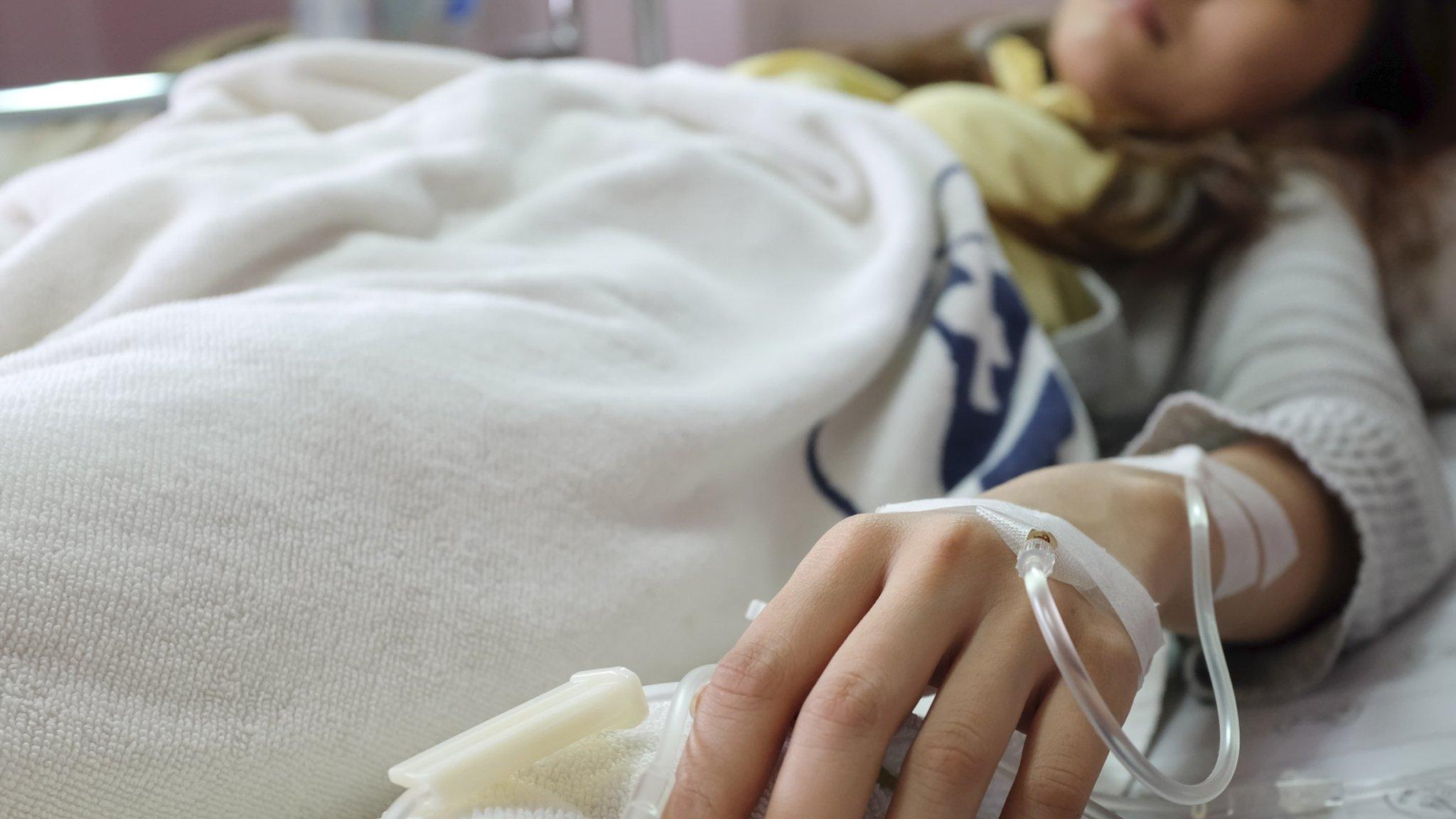Scottish cancer death rates 61% higher among poor
- Published
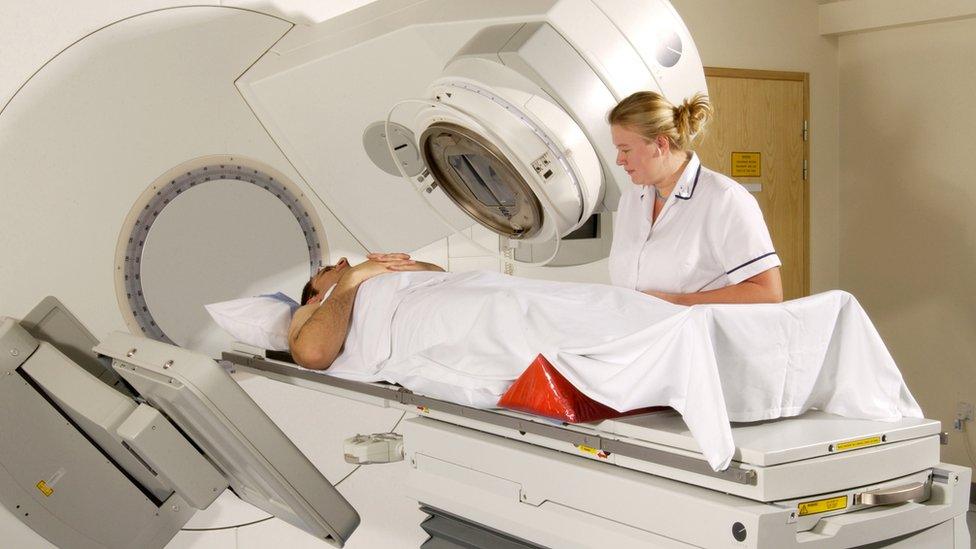
Death rates from cancer are 61% higher in the most deprived areas of Scotland, according to the latest figures.
NHS Scotland, external found living in a poor area affected your chance of survival despite an 11% drop in the number of deaths from all cancers since 2006.
There were also 27% more cancers diagnosed in deprived areas compared with the most affluent last year.
Campaigners have called for more to be done to understand and address the disparity.
The figures showed that in 2016 a total of 15,814 people died from cancer in Scotland, with lung cancer the most common cause of death, accounting for 4,035 deaths.
Over the decade to 2016, the lung cancer death rate for men had dropped by 23%, compared with 6% for women, reflecting "historical trends in the prevalence of smoking".
Cancers that were associated with smoking "tended to be strongly correlated with deprivation", the report said.
Main risk factors
For cancer of the trachea, bronchus and lung, incidence and death rates were three times higher in the most deprived areas compared with the wealthiest.
That was despite the death rate for all cancers combined falling by 11% - with men seeing a 13% drop in mortality rates compared with 7% for women.
Breast cancer mortality decreased by 17% for women, while for men the prostrate cancer death rate fell by 7%.
However, the mortality rate for liver cancer increased by 55%, with the main risk factors identified as alcohol and hepatitis B and C infections.

The death rate for cancer of the uterus also increased by 71%, which statisticians said could be linked to changes in fertility and growing levels of obesity.
Health Secretary Shona Robison said the Scottish government was taking action to increase awareness of screening in deprived areas.
'Devastating toll'
She added: "I recently announced a new performance delivery group to improve waiting times for cancer diagnosis and treatment, as well as additional funding of £1m to roll-out new technology to allow consultants to report on diagnostic scans taken anywhere in the country.
"This is in addition to £4.85m investment to support improvement is diagnostic scopes and imaging capacity for suspected cancer patients."
Trisha Hatt, from Macmillan Cancer Support, said: "While it's good news fewer people are dying from cancer, we must remember than many thousands of people will die from the illness every year.
"We know that too often people are missing out on the right support. We want to make sure everyone with cancer is offered a care plan outlining how and where they would like to be cared for at the end of life.
"It's also clear from last week's Audit Scotland report that mortality rates from cancer in Scotland are higher than the rest of the UK, and much higher in deprived communities. It's vital that work is done to understand and tackle this."
Gregor McNie, of Cancer Research UK, said the report highlighted the devastating toll taken by "Scotland's biggest killer".
He added: "Cancer must remain an urgent priority for the NHS. An early diagnosis, followed by speedy treatment, is key to improving a patient's chances of beating the disease."
- Published26 October 2017
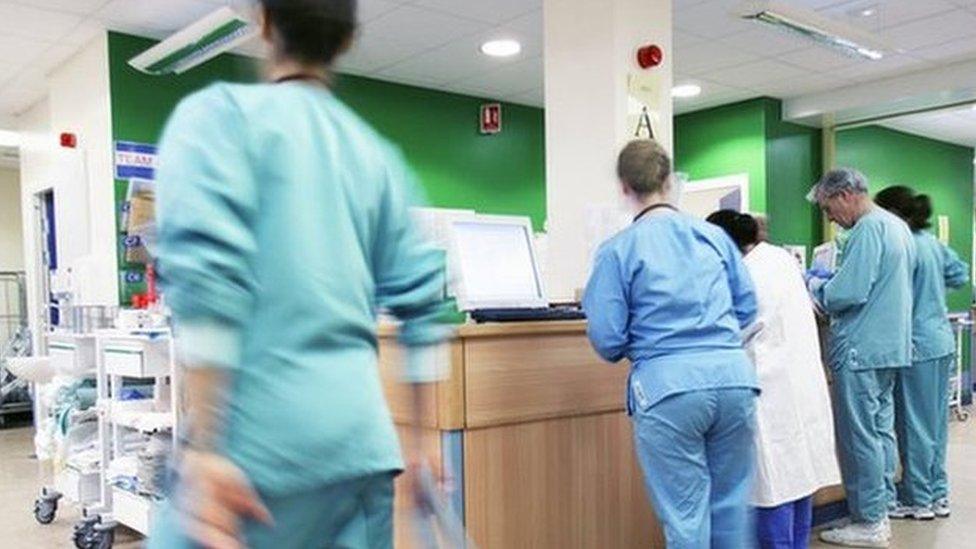
- Published26 September 2017
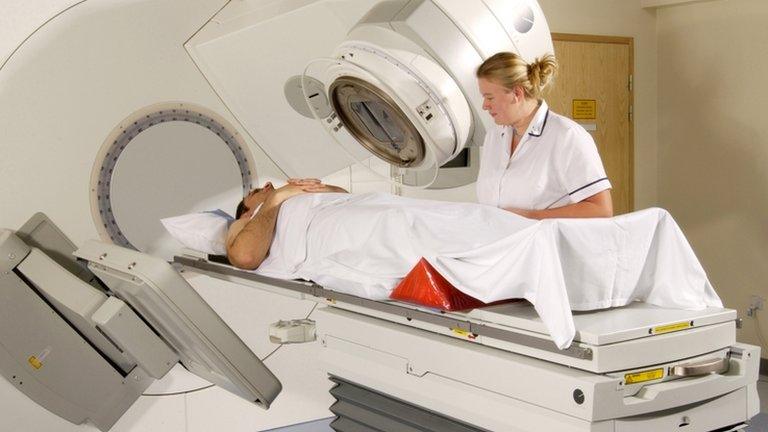
- Published20 February 2017

- Published25 October 2016
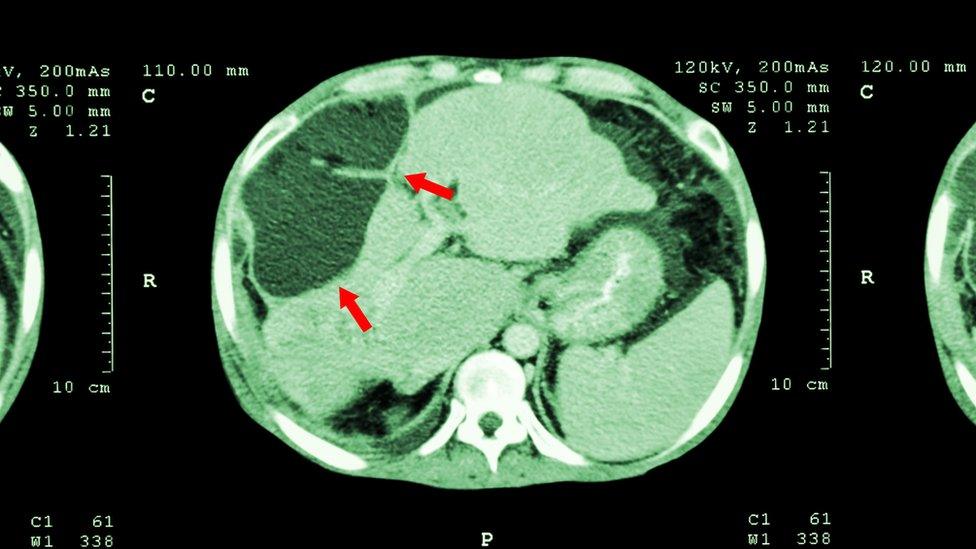
- Published17 May 2016
